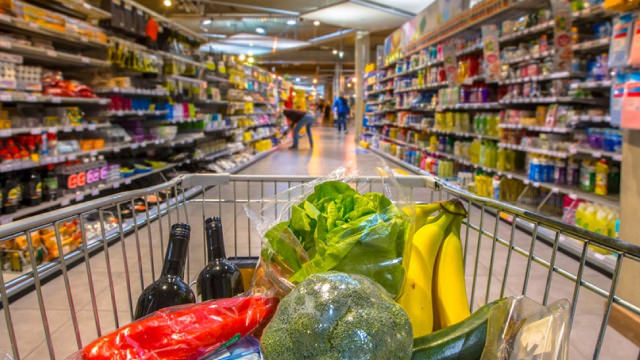Revolutionizing Textile Industry: Loop Industries and Hyosung TNC’s Sustainable Partnership
The textile industry is one of the largest polluting industries globally. With an increasing awareness of environmental concerns and the need for sustainability, companies are exploring innovative solutions to reduce waste and minimize their carbon footprint. One such collaboration that is making waves in the industry is between Loop Industries and Hyosung TNC.
Loop Industries: The Pioneer in Recycled Polyester Chips
Loop Industries, a leading technology company, has developed a groundbreaking process to produce 100% recycled, virgin-quality Polyester chips. These chips are derived from low-value textile waste, such as PET bottles and fibers that would otherwise end up in landfills or the environment. By using a unique hydrolysis process, Loop Industries is able to break down the PET material into its base components, which are then reformed into high-quality chips. These chips are identical to those produced from virgin materials, making them an ideal alternative for textile manufacturers.
Hyosung TNC: Transforming Loop Polyester Chips into High-Performance Textiles
Hyosung TNC, a global textile manufacturer, has taken the next step in the sustainable textile production process by transforming Loop Industries’ recycled Polyester chips into high-performance drawn textured yarn. This collaboration allows Hyosung TNC to produce textiles with significantly reduced environmental impact, as they are made from 100% recycled materials. The yarn produced from these chips is of the same quality as those made from virgin materials, ensuring that the sustainability efforts do not compromise the performance or durability of the textiles.
The Impact on Consumers
As consumers become more environmentally conscious, there is a growing demand for sustainable textiles. With Loop Industries and Hyosung TNC’s partnership, consumers can now enjoy high-performance textiles that have a lower environmental impact. These textiles offer the same quality and durability as those made from virgin materials, making them an attractive alternative for those who want to reduce their carbon footprint. By choosing textiles made from recycled materials, consumers can contribute to a more sustainable future without compromising on quality or performance.
The Impact on the World
The textile industry is responsible for a significant amount of waste and pollution each year. According to the United Nations, the industry produces 1.2 billion tons of wastewater annually, which is more than the entire population of Europe produces in a year. With Loop Industries and Hyosung TNC’s partnership, a large portion of textile waste can be repurposed, reducing the amount of waste that ends up in landfills and the environment. Additionally, by using recycled materials, the collaboration helps to reduce the demand for virgin materials, which often come with a significant environmental cost. This partnership is a step in the right direction for a more sustainable textile industry and a cleaner planet.
Conclusion
The collaboration between Loop Industries and Hyosung TNC is a game-changer in the textile industry. By producing 100% recycled, virgin-quality Polyester chips and transforming them into high-performance drawn textured yarn, the companies are leading the way in sustainable textile production. This partnership not only benefits consumers by offering high-quality, sustainable textiles but also contributes to a cleaner environment by reducing textile waste and minimizing the demand for virgin materials. The future of the textile industry is looking brighter, and collaborations like this are paving the way for a more sustainable future.
- Loop Industries produces 100% recycled, virgin-quality Polyester chips from low-value textile waste.
- Hyosung TNC transforms these chips into high-performance drawn textured yarn.
- Consumers can now enjoy high-performance textiles with lower environmental impact.
- The partnership reduces textile waste and minimizes the demand for virgin materials.
- The textile industry is moving towards a more sustainable future with collaborations like this.





